#AutonomousVehicles
U.S. Transportation Secretary Realizes Autonomous Cars Aren’t Ready
Despite the automotive industry having had the concept on its mind since the 1950s, autonomous vehicles still have yet to manifest in a manner that would allow them to be safely fielded in large numbers. With manufacturers previously vowing to have self-driving cars available to customers by 2020, consumers are starting to write the technology off as an industrial chimera. It’s also starting to look like the government is having doubts, especially now that U.S. Transportation Secretary Pete Buttigieg seems to be calling the technology to task.
GM Patents Autonomous Driving Instructor
General Motors has filed a patent for a driver-training system that utilizes a vehicle’s onboard sensing equipment to determine how well a novice motorist is handling themselves behind the wheel.
The objective is to offer driver education without the help of a flesh-and-blood instructor being present. Instead, the autonomous vehicle limits the amount of control offered to the student while constantly monitoring their progress. If they score well enough, additional freedom is awarded to the driver and the process begins again — this time with the vehicle looking to evaluate more advanced maneuvers while still keeping tabs on the basics. It’s quite a bit different than the standard practice of having someone sit beside you to take stock of your budding driving skills. But GM thinks it might have future applications and probably wants to lock it in with the United States Patent and Trademark Office (USPTO) before anybody else does.
NHTSA Says Human Controls Now Unnecessary for Autonomous Vehicles
The National Highway Traffic Safety Administration (NHTSA) had decided there’s no need for modern vehicles to possess steering wheels, pedals, or other human controls — provided they’re intended to be fully autonomous.
Considering self-driving cars have become something of an engineering boondoggle after the automotive industry falsely claimed they’d become commercially available by 2019, it’s easy to assume regulators are putting the cart before the horse. But we need to remember that automakers have wanted this for a long time, are used to getting their way, and have well-paid lobbyists at their disposal. For example, General Motors and its autonomous technology unit Cruise has long been petitioning the NHTSA for permission to manufacture and field self-driving vehicles without human controls.
Nuro Raises $600 Million, Valuation Reaches $8.6 Billion
While the concept of mobility has often turned out to be a buzz phrase used by executives unsure of where to place hypothetical revenue streams and burgeoning technologies, it has simultaneously yielded a handful of enterprising business premises with the potential to stand on their own. Nuro, the American robotics company fielding pint-sized delivery drones, is among them and has made a case for itself by eliminating humans from the equation entirely and providing unique scenarios for its services.
The startup has been getting a smattering of positive attention since its formation in 2015 and recently raised $600 million during its latest funding round, bringing its valuation to an impressive $8.6 billion.
Tesla Fixes Full Self-Driving Beta Software Issue
Following claims that Tesla’s “Full Self Driving” beta caused some vehicles to experience erroneous forward collision warnings and the automatic emergency braking system stopping cars for no discernable reason, the manufacturer has filed a probable fix with the National Highway Traffic Safety Administration (NHTSA).
The recall encompasses 11,700 equipped with FSD beta software version 10.3 that was released on October 23rd. While Tesla says that the vast majority of the vehicles selected to test the new code were already fixed via over-the-air updates, 0.2 percent of the whole still had not been issued a fix as of October 29th. Affected cars include every Tesla model ever made, provided it’s from the 2017 model year or later.
Tesla Removes Full Self Driving Beta Over 'Issues'
Tesla Inc. pulled its Full Self Driving (FSD) beta off the table over the weekend, with CEO Elon Musk stating that testers had been “seeing some issues with [version] 10.3.”
To remedy the issue, the company has reverted back to FSD 10.2 temporarily. Musk made the announcement over social media on Sunday morning. The following day, he had already promised that version 10.3.1 would be coming out to address problems encountered during the exceptionally short public testing phase.
“Please note, this is to be expected with beta software,” the CEO noted. “It is impossible to test all hardware configs in all conditions with internal QA, hence public beta.”
Opinion: Tesla's Full-Self Driving Beta Is a Bad Joke
Earlier this week, Elon Musk announced that Tesla would begin offering the Full Self-Driving (FSD) Beta to testers that had achieved sufficiently high marks in its new “safety score.” While company has repeatedly promised to launch FSD in earnest, which costs $10,000 to purchase or $199 a month to rent (depending on which version of Autopilot you’re using), the system has been habitually delayed from getting a widespread release. This has upset more than a few customers operating under the assumption that having bought into the service actually meant something.
That said, the rollout has technically begun and continues encompassing more users. But regulators are annoyed that the company is now testing FSD’s functionality on thousands of paying customers and the terms in which Tesla is offering FSD has changed in a manner that makes your author extremely uncomfortable. The automaker originally intended to provide the system via a simple over-the-air (OTA) update as availability expanded. However Tesla now has a button allowing drivers to request FSD by opening them up to a period of scrutiny where their driving is digitally judged. Despite your having already shelled out cash for it, access to the beta is determined by the manufacturer’s safety score.
German Startup Driving Around Autonomous Vehicle Hurdles
Despite the concept of autonomous cars suggesting a seamless, hands-free driving experience as far back as the late 1950s, only the peripheral technologies have made their way into the real world. Our ancestors would have marveled at the video displays, powertrains, and navigation systems available today. But the 21st century concept of “mobility” has also turned out to be a bit of a scam.
Formerly a catch-all term for autonomous transportation, the phrase has been redefined by the industry to pertain to subscription fees, over-the-air updates, digitally affixing your credit card information to the vehicle, and just about any present-day feature it’s interested in selling. Meanwhile, the self-driving programs that kicked off the would-be renaissance have been stagnating as companies cannot quite figure out how to teach a car to successfully assume all of the duties of a human driver. However there’s a German startup that’s attempting to circumvent those obstacles by employing digital chauffeurs working from far-off locations.
Another Setback for the Apple Car?
Apple’s attempt at building an electric vehicle has always come across as a little halfhearted, though any indication that the company has abandoned the project is swiftly replaced by renewed reports that it’s being spun up again. This week was no different as Ford announced it had scooped up Doug Field — a former Tesla engineer who served as Apple’s vice president for special projects, including Project Titan.
This allegedly spells disaster for the computer company’s automotive efforts. But the business has been down so many dead-end roads already that we’re not willing to make the same assumptions as the rest of the media. While this is likely represents a setback for Apple, it’s difficult to say how big without knowing where it was in terms of overall development. Despite launching its vehicle program in 2014, the company has literally nothing to show for its years of work.
Return of the Apple Car: Almost There or Vaporware?
After years of restarting and then killing its electric vehicle program, Apple has again signaled that it’s once again serious about developing something for your driveway. Ulrich Kranz, former Canoo CEO and brains behind the BMW i-cars, has reportedly been picked up by the company for its automotive team.
Apple has yet to verify the hire and Kranz hasn’t updated his LinkedIn profile. But there have been multiple reports that he’s been been taken aboard specifically for his EV expertise. Unless social networking platforms are becoming passé (fingers crossed), it’s likely that the tech company wanted to wait until it could make an official announcement accompanied by an update on development.
That’s assuming Apple is still doing a car, however.
GM's Cruise Asks White House to Dissolve AV Testing Restrictions
General Motors has a long and illustrious history of receiving government favors, with 2021 likely to continue the trend. Having recently seen its request to have federal EV tax credits reset approved by the Senate Finance Committee, GM-owned Cruise is now seeking to double down by asking regulators to scale back restrictions on autonomous vehicle testing. With practically every automaker simultaneously requesting government hookups on a weekly basis, it’s hardly surprising to see this.
What is unique is the rationales given for government help and it’s often the only way to measure their merit. While most claims tend to boil down to “ we need more money,” Cruise wants regulators to get out of the way so the United States can become more competitive against China’s AV programs and is hardly the first company to make such a suggestion.
Largest Labor Group Says Autonomous Trucks Need Drivers
The Transportation Trades Department for the American Federation of Labor and Congress of Industrial Organizations (AFL-CIO) is spending its Tuesday telling the U.S. House of Representatives Energy and Commerce subcommittee that autonomous vehicles. Though it’s not because they occasionally run amok when left to their own devices. This is a matter of jobs.
Labor leaders have become increasingly concerned by the massive layoffs that will likely accompany the proliferation of electric vehicles, which require fewer components to assemble. But AVs have played second fiddle until fairly recently, with truckers doing most of the heavy lifting themselves. Now, the ALF-CIO is getting in on the action and hoping to convince legislators to establish formal requirements for there to be a driver behind in the wheel of all commercial vehicles over 10,000 pounds.
Tesla Confesses to California DMV Self-Driving Tech is Overhyped
Back in January, Tesla CEO Elon Musk said he remained confident that his company would be able to deliver a self-driving vehicle exceeding the capabilities of an average human pilot by the end of 2021. But this has become a tired excuse used almost reflexively by automakers for years, making the inevitable shifting of the goalpost so predictable that nobody even bothers to get upset anymore. Being lied to is just part of everyday living and the automotive sector is just one droplet in the overflowing bathtub of mendacity.
Unfortunately, organizations continue making the mistake of expecting to be given the benefit of the doubt as they continue repeating the same fables. We know they’re working on solid-state batteries and autonomous cars, but they’re hitched to these unrealistic expectations and completely fabricated timelines that draw our focus while they engage in slimier practices on the sly. While holding them accountable is often easier said than done, catching them in a lie is usually fairly simple. For example, the California Department of Motor Vehicles accidentally called out Tesla on the full self-driving (FSD) beta it’s been testing with employees.
Toyota Subsidiary Woven Acquires Lyft Autonomous Division
Toyota’s Woven Planet Holdings has acquired Level 5, Lyft’s self-driving unit. Woven Planet’s deal brings scientists, software engineers, and researchers together as one.



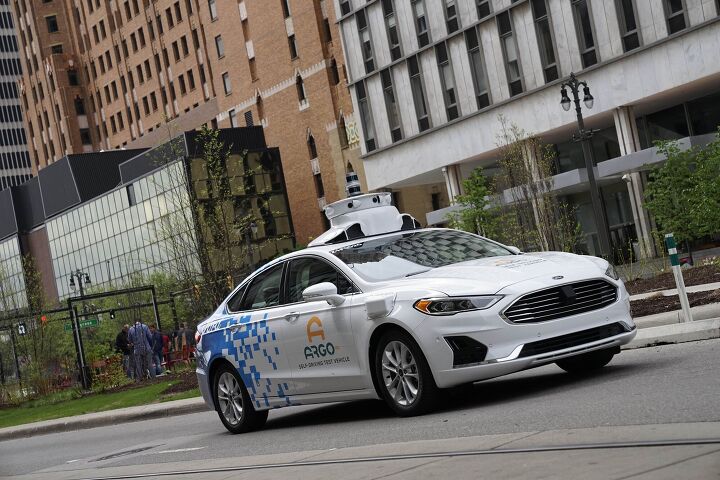


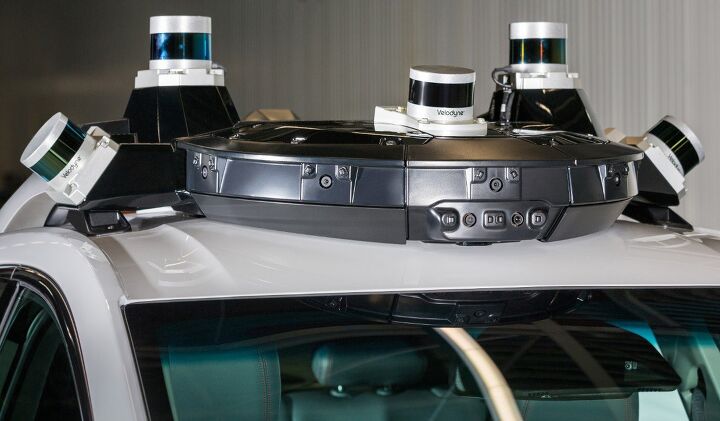
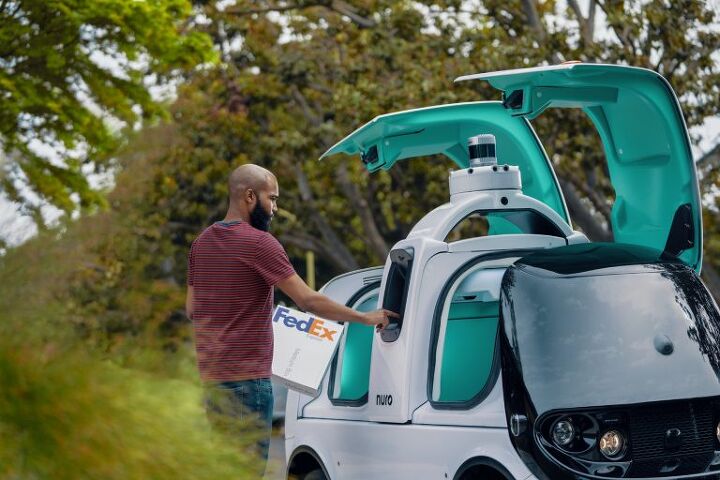


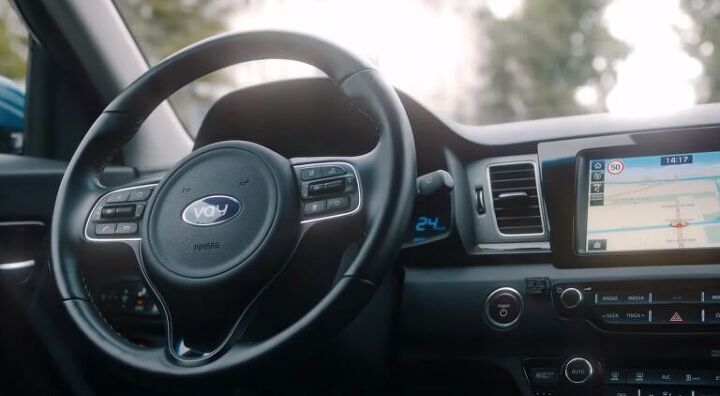


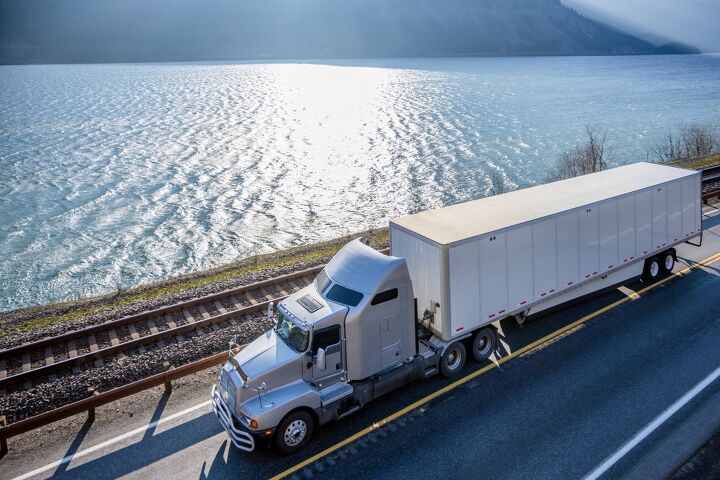














Recent Comments